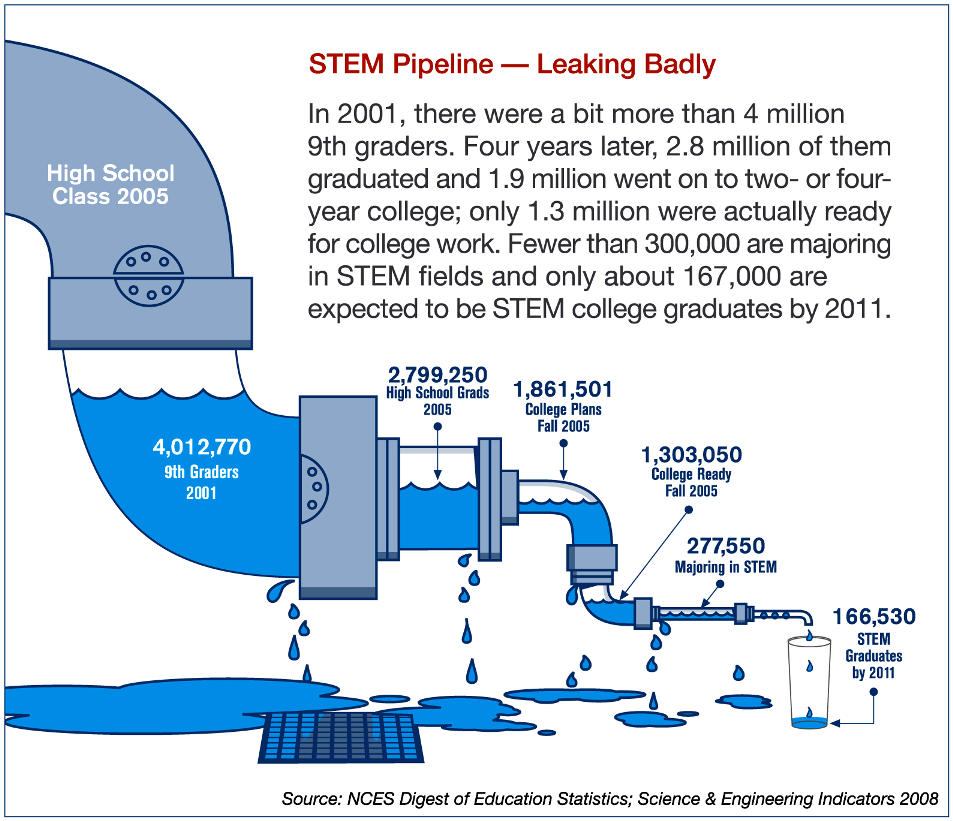Digital Transformation: Revolutionizing Learning in Schools
The landscape of education is undergoing a radical shift, and at the forefront of this transformation is the integration of digital technologies. From interactive whiteboards to online collaboration tools, schools are embracing digitalization to enhance the learning experience for students and educators alike.
Empowering Educators with Technology
One of the primary advantages of digitalization in schools is the empowerment of educators. With access to advanced teaching tools, teachers can create dynamic lesson plans, leverage multimedia resources, and tailor their approach to cater to diverse learning styles. This not only makes the learning process more engaging but also allows for a personalized and adaptive learning environment.
Interactive Learning Environments
Digitalization has paved the way for interactive learning environments that transcend traditional boundaries. Virtual simulations, augmented reality (AR), and gamified elements are becoming integral parts of the classroom experience. These immersive technologies bring abstract concepts to life, fostering a deeper understanding of subjects and making learning more enjoyable for students.
Enhanced Collaboration Among Students
Collaboration is a cornerstone of success in the modern world, and digitalization in schools promotes teamwork and communication among students. Online platforms and collaborative tools enable students to work on projects seamlessly, irrespective of physical locations. This not only prepares them for the collaborative nature of the professional world but also enhances their problem-solving and interpersonal skills.
Accessible Learning Resources
Digitalization in schools ensures that educational resources are not confined to textbooks and physical materials. The internet serves as a vast repository of information, making learning resources accessible to students and educators globally. This democratization of information allows for a more inclusive education system, bridging gaps and providing equal opportunities for all.
Customized Learning Paths
Each student is unique, with individual strengths, weaknesses, and learning styles. Digitalization allows for the implementation of adaptive learning systems that tailor educational content to the specific needs of each student. Through data-driven insights, educators can identify areas where students may need additional support and provide targeted resources to facilitate better understanding.
Real-world Applications of Knowledge
Digital technologies enable students to connect theoretical knowledge with real-world applications. Simulations, virtual labs, and online projects provide a practical dimension to their learning experience, preparing them for the challenges they may encounter in their future careers. This hands-on approach fosters a more profound comprehension of concepts and enhances the practical skills of students.
Addressing the Digital Divide
While digitalization brings numerous benefits, it’s essential to address the digital divide. Not all students have equal access to technology outside the classroom. Schools play a crucial role in ensuring that every student, regardless of socio-economic background, has access to the necessary tools and resources. Bridging this gap is imperative for creating an equitable learning environment.
Continuous Professional Development for Educators
As technology evolves, so must educators. Digitalization not only impacts students but also requires teachers to stay abreast of the latest advancements in educational technology. Professional development programs that focus on digital literacy and the effective integration of technology in teaching are crucial to ensuring that educators remain effective in the digital age.
Cybersecurity and Data Privacy Concerns
With the increasing reliance on digital tools comes the responsibility to address cybersecurity and data privacy concerns. Schools must implement robust security measures to protect sensitive student information and ensure a safe online learning environment. Educating both students and educators about the importance of online safety is paramount in the digital age.
The Future of Education is Digital
In conclusion, the ongoing digital transformation in schools is reshaping the landscape of education. From empowering educators and creating interactive learning environments to addressing accessibility and fostering collaboration, digitalization is at the forefront of educational innovation. Embracing the digital era in education opens up new possibilities for creating engaging, personalized, and future-ready learning experiences.
To explore more about the impact of digitalization in schools, visit Digitalization in Schools.






